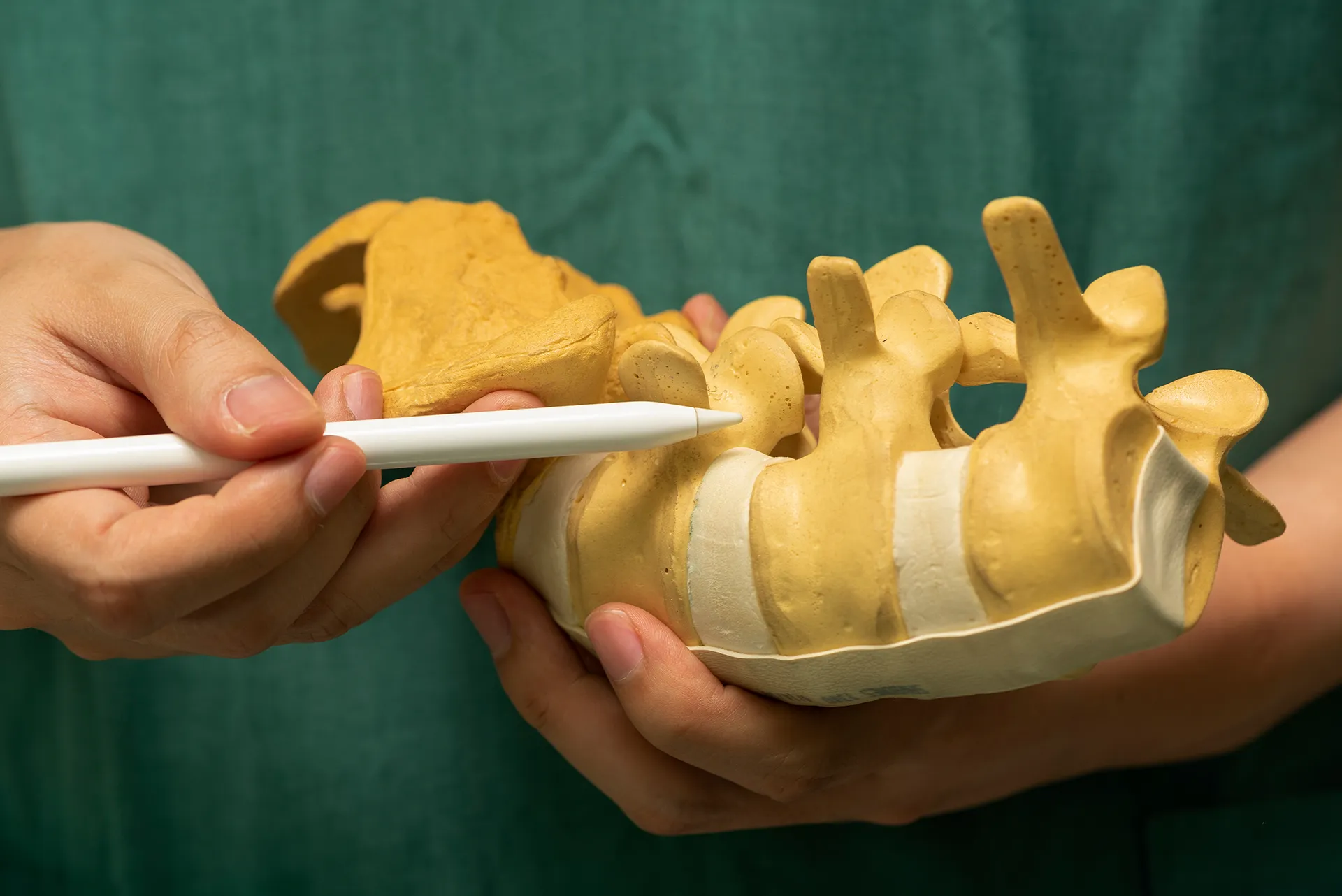Lumbar Surgery
Lumbar spine surgery—also known as lower back surgery—is designed to treat lower back pain, nerve compression, and musculoskeletal injuries. Common causes of chronic lower back pain include lumbar spinal stenosis, herniated disc, adult degenerative spondylolisthesis, and degenerative disc disease.
Lumbar surgery should only be pursued if non-surgical methods have proven ineffective. Locate a doctor in your area to determine whether lumbar surgery is right for you.

When Should You Consider Lumbar Surgery?
The most common reason patients pursue lumbar surgery is to treat chronic lower back pain. Other reasons to consider getting lumbar spine surgery include:
A tumor, an infection, and cauda equina syndrome may also prompt someone to undergo lumbar surgery—although these are less common reasons.
What to Expect During Recovery From Lumbar Surgery
Most patients require a brief hospital stay to allow time for healing before returning home. It’s normal to experience mild to severe pain and discomfort for several weeks after the procedure. This includes a stiff, sore back.
Your doctor will prescribe pain medication and may advise you to wear a back brace and attend physical therapy until normal function is regained. While most patients regain basic functions within four to six weeks, a full recovery may take up to six months or a year.








